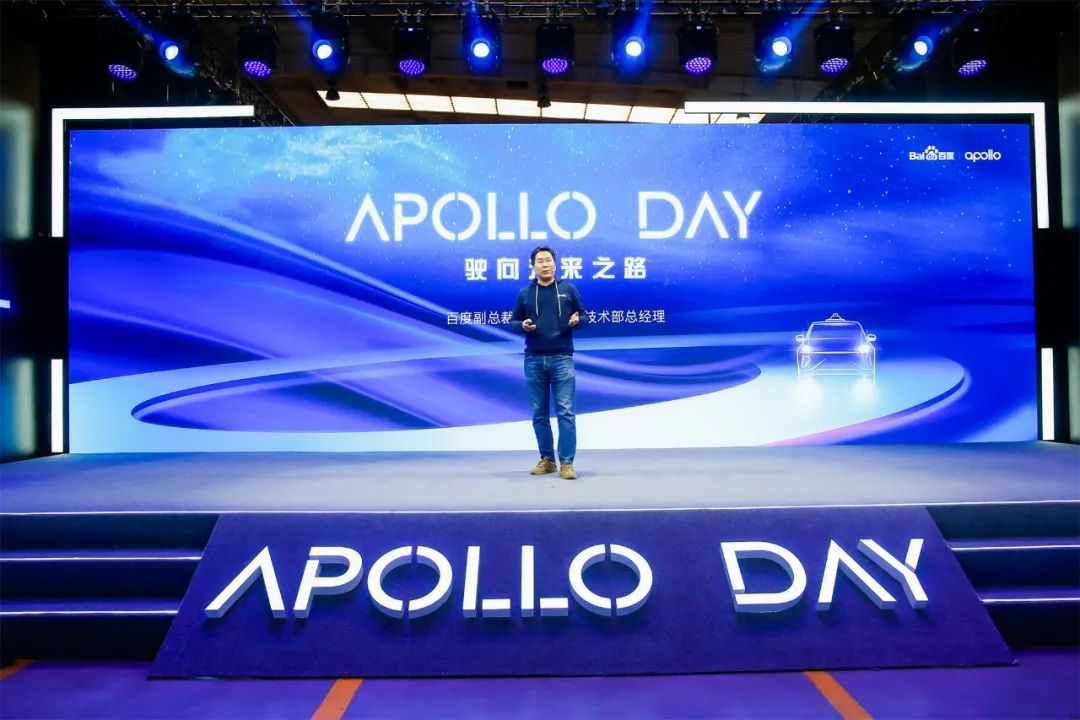Author: Twin-turbo Fatty
In 2021, with the crazy addition of LiDAR and continuously improving computing power of smart driving platforms, "autonomous driving" has become the new label for intelligent cars, making topics and technologies like autonomous driving and unmanned driving less mysterious to consumers.
However, before unmanned driving gradually enters private and passenger cars, there is a group of people who have been researching how to implement Robotaxi, including Baidu Apollo, Xiaoma Zhixing, Wenyuan Zhixing, AutoX, Didi, and more.
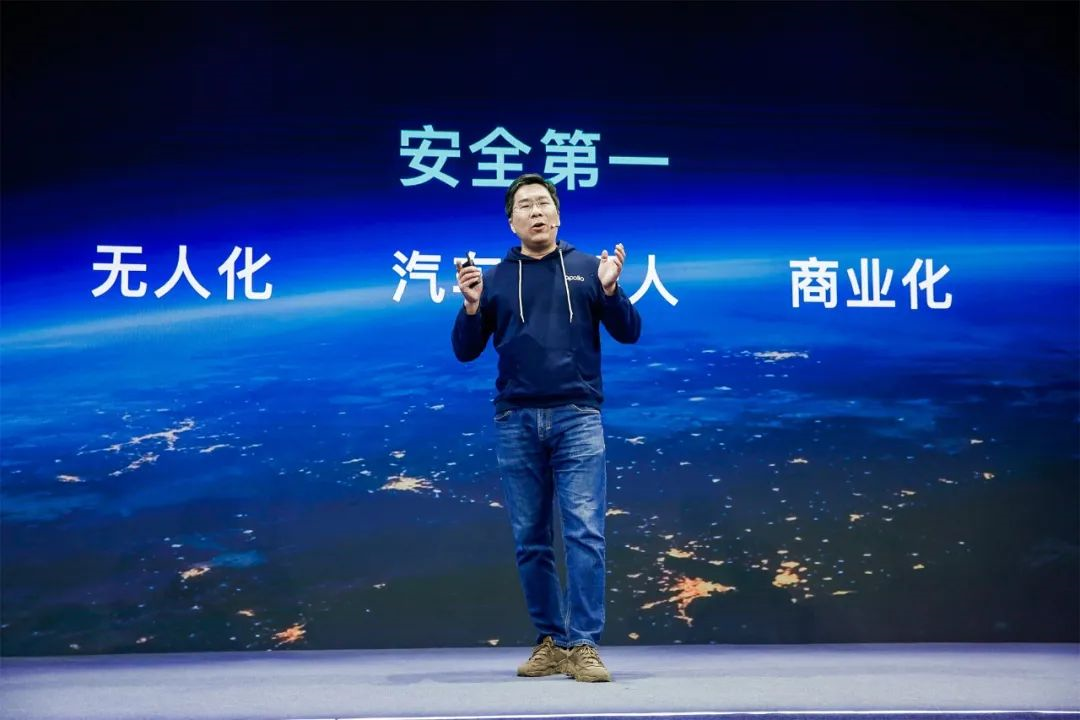
Today, the Baidu Apollo Day Technology Open Day was held at the Beijing Yizhuang Apollo Park. Baidu Apollo live-streamed the daily testing of its unmanned driving fleet for the first time and announced the order volume and site density of the Carrots Delivery.
##Baidu Apollo is Accelerating
- In June 2021, Baidu Apollo's autonomous driving test mileage exceeded 12 million kilometers;
- In November 2021, Baidu Apollo's autonomous driving test mileage exceeded 20 million kilometers;
- As of now, Baidu Apollo's autonomous driving test mileage has exceeded 25 million kilometers.
Baidu Apollo's autonomous driving test mileage is accelerating at a rate of no less than 1 million kilometers per month. Meanwhile, unmanned testing has also moved from the Shougang Park to the public roads of the Yizhuang core area, and commercial charging operations have also moved from park applications to daily public travel services.
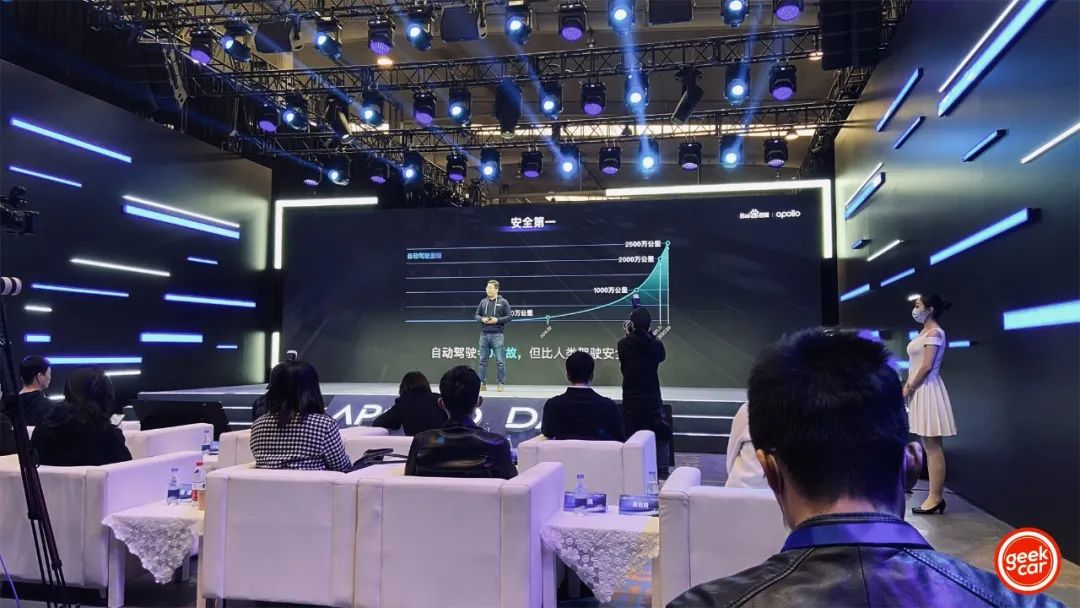
According to Baidu Apollo's plan:
- In 2021, Baidu Apollo fully implemented the "unmanned + commercial" model room in Shougang Park;
- In 2022, Baidu Apollo will focus on building the "smart traffic demonstration zone highland" in Yizhuang, relying on the technological accumulation of unmanned driving, 5G cloud driving, and V2X communication to quickly occupy the high ground of automatic driving technology and to achieve a technical route suitable for complex urban road conditions in China.
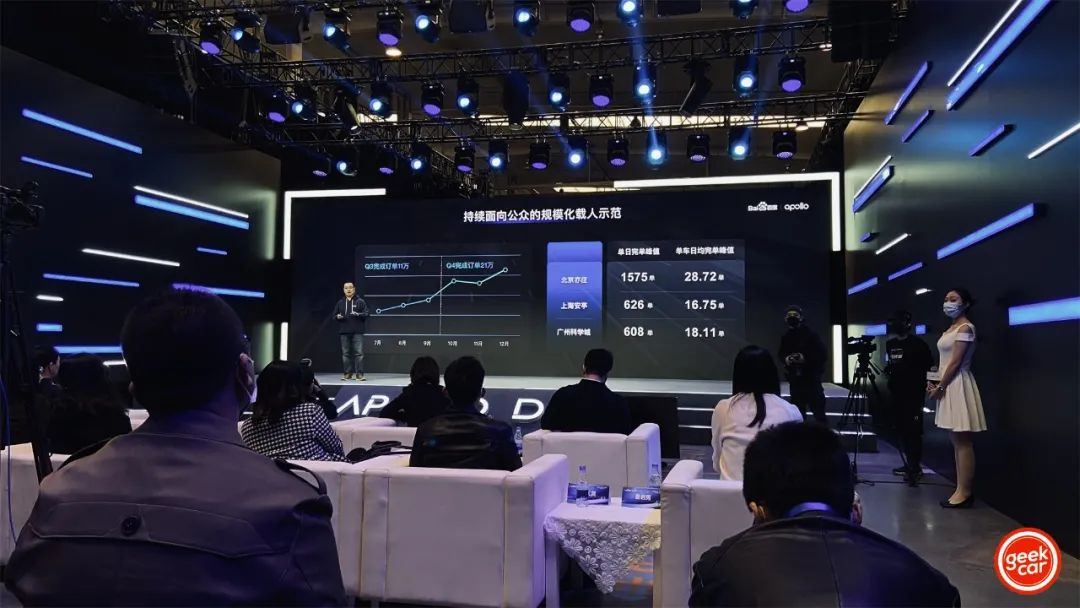
Baidu Apollo Robo-taxi service Carrots Running has been opened in 8 cities
The Baidu Apollo Robo-taxi service Carrots Running has been opened in 8 cities including Beijing, Changsha, Cangzhou, Guangzhou, Shanghai, Shenzhen, Chongqing, and Yangquan. Baidu Apollo released part of its order data for 2021:
- Yizhuang in Beijing: peak completion volume of 1,575 orders per day and peak completion volume of 28.72 orders per bike per day.
- Anting in Shanghai: peak completion volume of 626 orders per day and peak completion volume of 16.75 orders per bike per day.
- Science City in Guangzhou: peak completion volume of 608 orders per day and peak completion volume of 18.11 orders per bike per day.
Using Yizhuang in Beijing as an example, Carrots Running has grown by over 50% in terms of vehicle quantity, station density, and order density in the past six months.
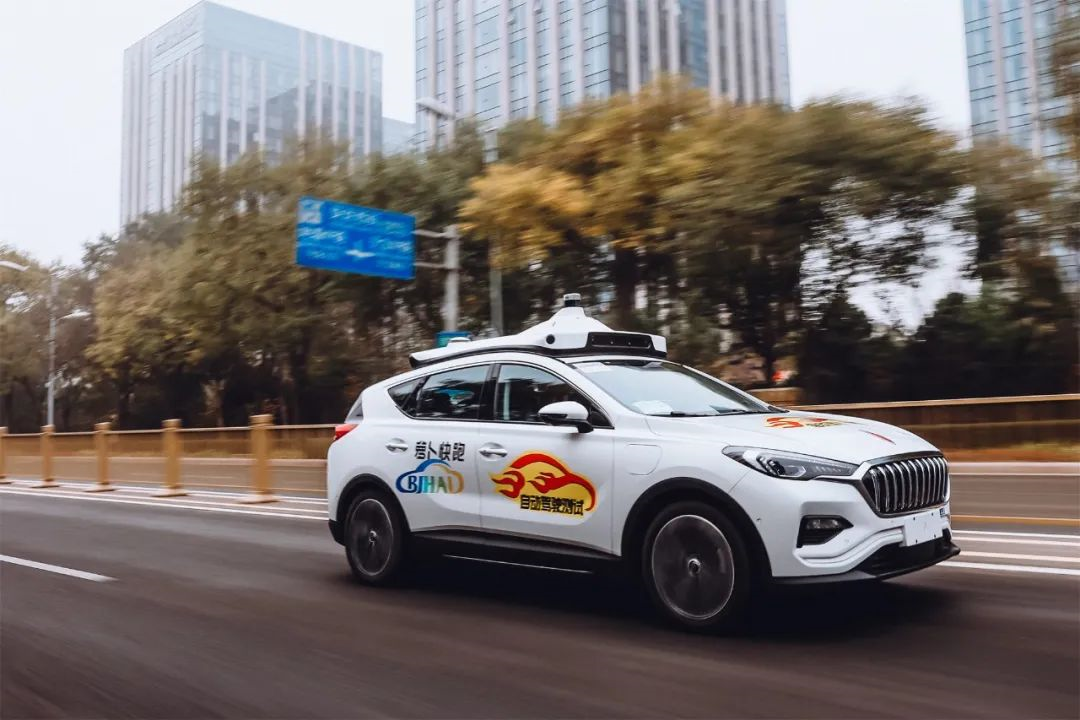
Furthermore, compared to the total order volume of 115,000 orders in Q3 2021, Carrots Running directly achieved a total order volume of 214,000 orders in Q4 2021, which is close to double the amount. The total order volume of Q3 and Q4 exceeded 300,000 orders.
Expanding rapidly
Testing fleet
In June 2021, Baidu Apollo released the fifth generation of its shared autonomous vehicle, Apollo Moon. Baidu Apollo’s production car has developed from the fourth generation’s single model to three models in the fifth generation: Apollo Moon Extreme Fox Edition, WM Edition, and Ai An Edition.
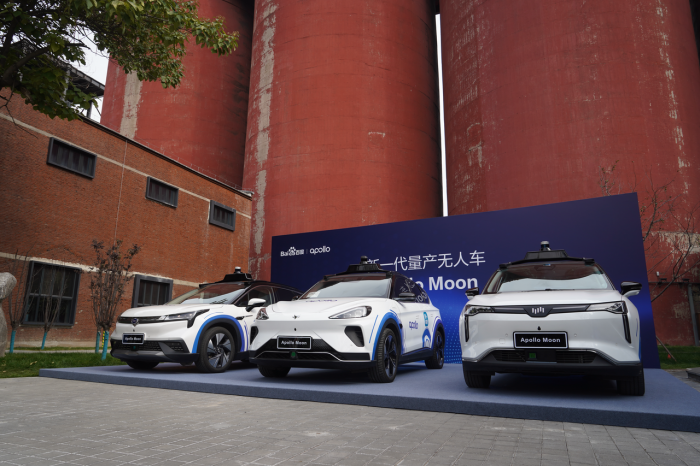
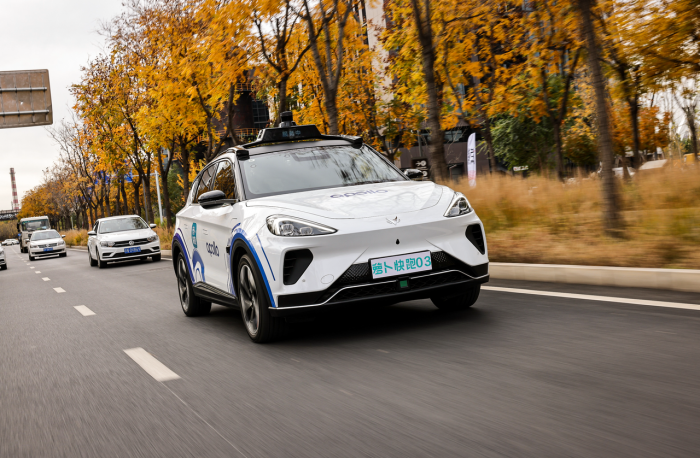
In September 2019, Baidu Apollo’s first batch of mass-produced shared autonomous vehicles debuted in Changsha, and only 45 vehicles were put into trial operation at that time.
As of now, the testing fleet has exceeded 500 vehicles, obtaining 411 automatic driving licenses, including 231 passenger vehicle licenses. Baidu Apollo plans to expand the fleet to 3,000 vehicles by 2023.
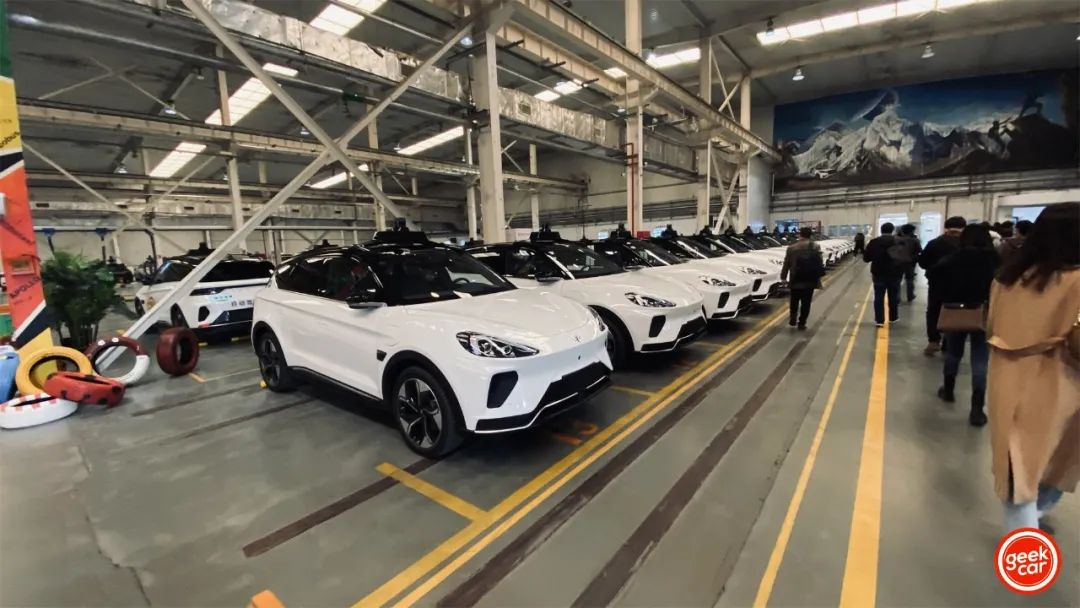
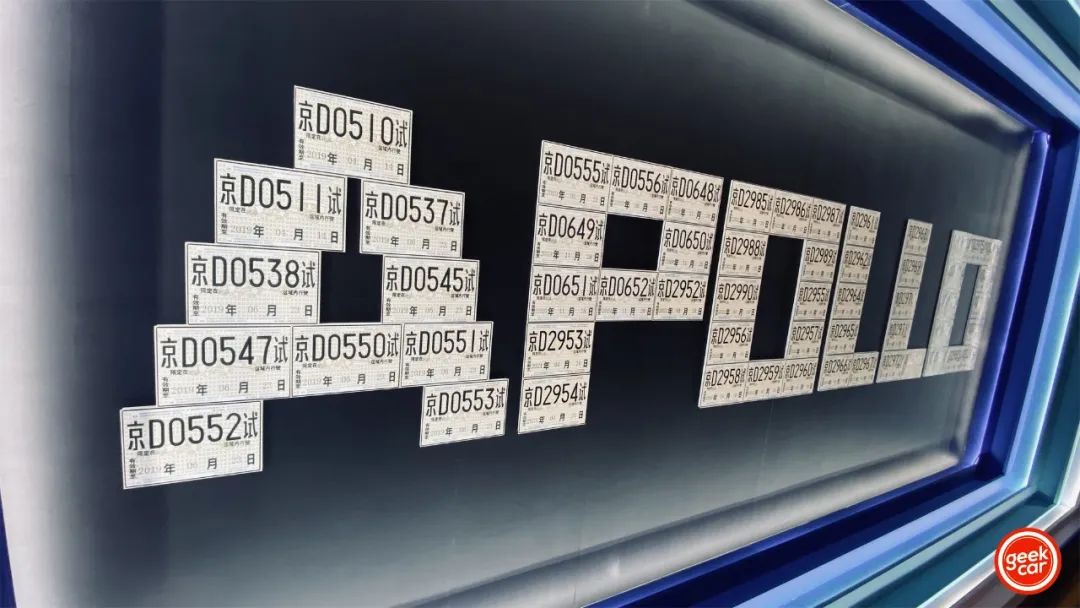
Trial operation
Apollo Autonomous Driving Vehicles are Gradually Expanding from Beijing’s Outskirts to the City Center
Baidu’s Apollo Carrot Run trial operating area, in Beijing as an example, currently covers four corners of the city: Yizhuang, Shunyi, Haidian, and Shijingshan. With the progress of the trial operation and policies, Baidu Apollo will gradually expand towards the center of Beijing.
In February of this year, Yangquan City officially issued the Intelligent Network-connected Autonomous Vehicle Driving Service Commercial Pilot License and the Intelligent Network-connected Autonomous Vehicle Unmanned Driving Service Commercial Pilot License Notification to Baidu Apollo.
By 2025, Baidu Apollo plans to expand the Carrot Run shared autonomous vehicle service from the current 8 cities to 65 cities and reach 100 cities by 2030.
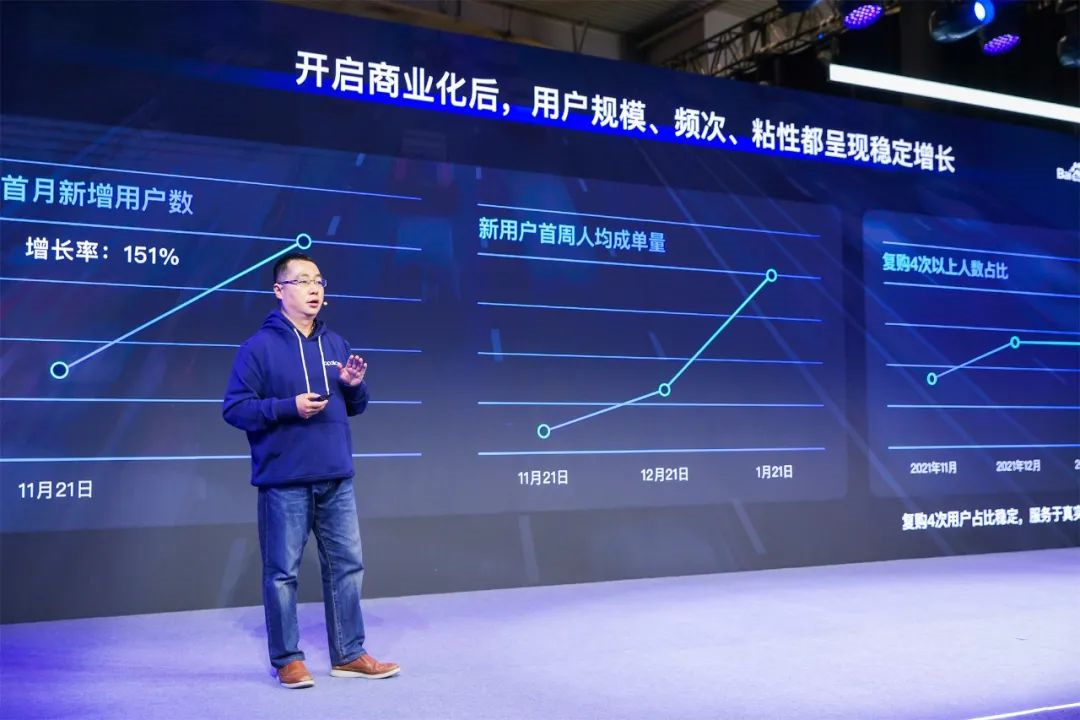
Commercialization
As of now, Carrot Run has already started providing chargeable commercial operating services in three cities: Beijing, Chongqing, and Yangquan. Beijing’s Yizhuang district was the first to launch digital RMB payment functionality, achieving the first fusion of autonomous driving and digital currency.
After launching as a commercial operation, user scale, frequency, and stickiness have still shown stable growth.
Safety, Safety, and Safety
“Autonomous driving does not mean zero accidents but it is safer than human driving.” This was mentioned by Wang Yunpeng, VP of Baidu and General Manager of its autonomous driving technology department at Baidu Apollo Day Technical Open Day.
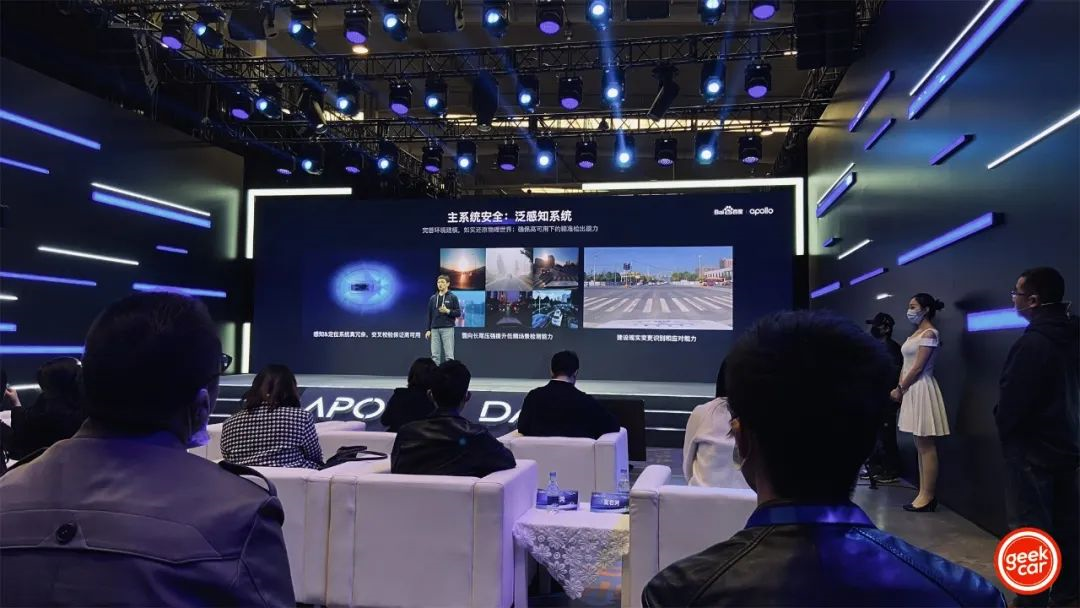
In the venue, Baidu Apollo presented real-time footage of ongoing daily autonomous driving tests by the fleet via live broadcast. Regarding this, Xu Baoqiang, Director of Baidu’s Automotive Robot Division, stated that Chinese urban roads are more complex than those in the United States. The traffic participant density of Beijing’s urban roads is 15 times that of California. It is more difficult for autonomous driving to achieve scalable full unmanned deployment in China.
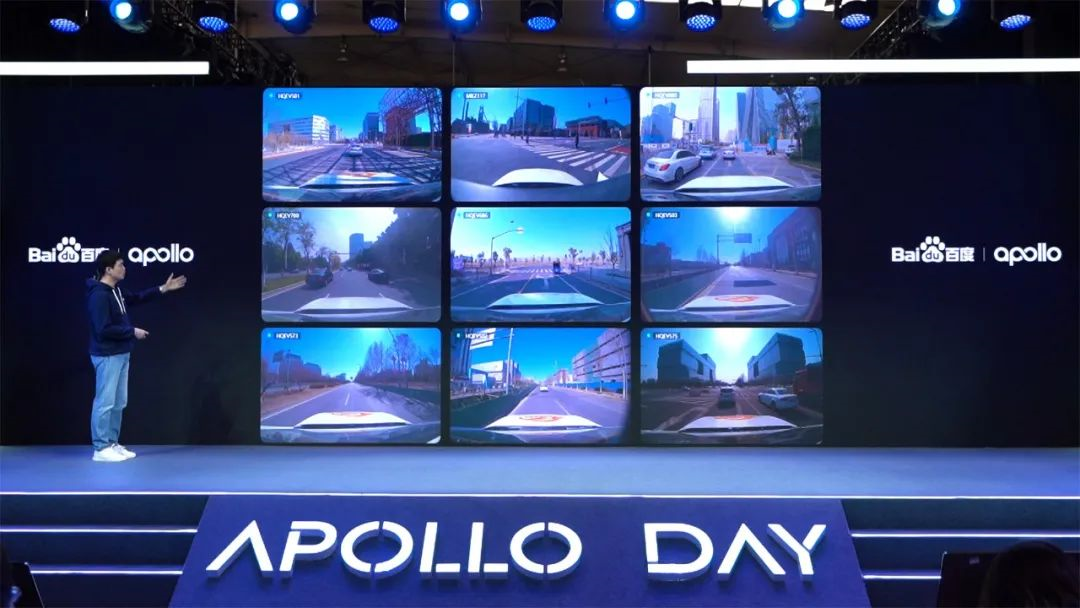
Baidu Apollo also announced its core principles to ensure autonomous driving safety: functional safety methodology, three-level security system, and a comprehensive test and verification process.
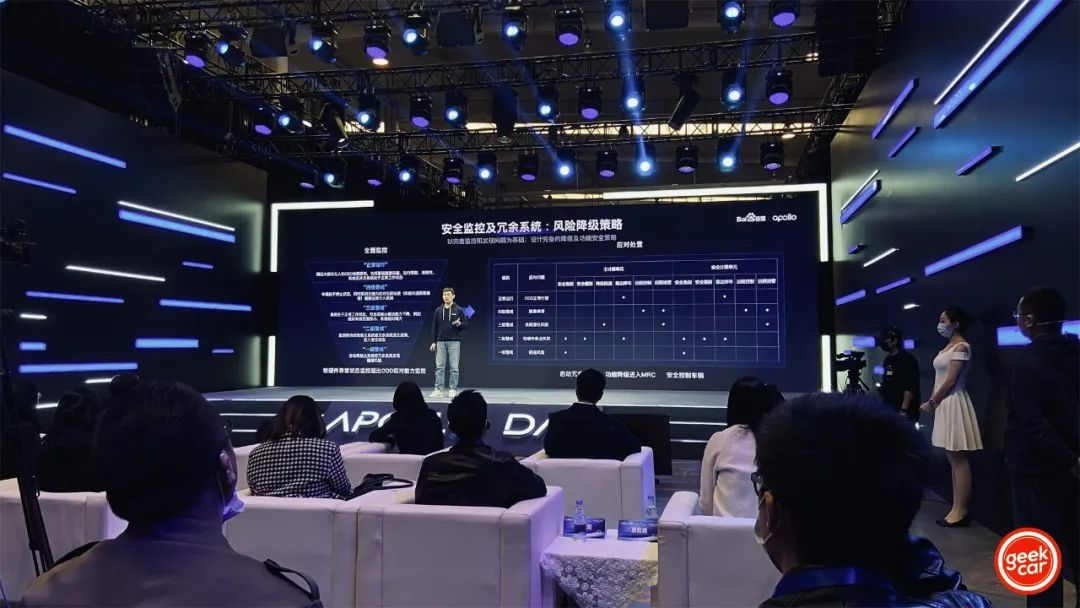
Baidu Apollo is gradually advancing from closed areas to public roads, and from driverless passenger cars to fully unmanned vehicles, by relying on a core guarantee of “safety first.”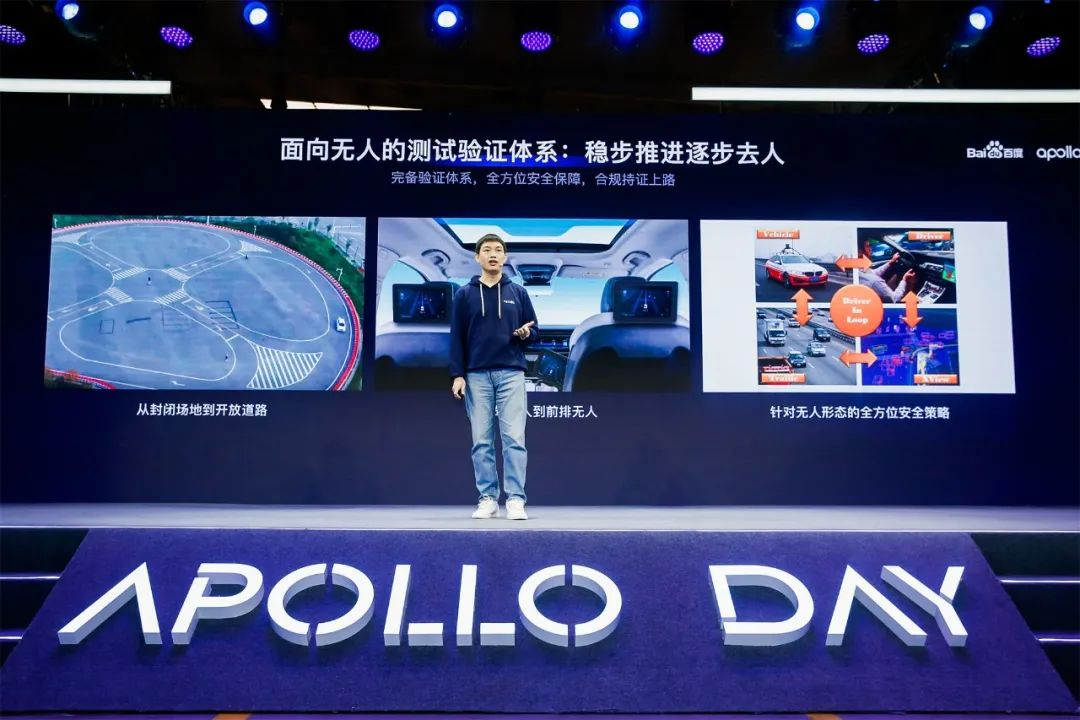
Final Thoughts
Currently, the first half of Robotaxi has already come to a close, and the race for the second half of Robotaxi has begun. Commercial operation on a large scale has become a keyword for the development of the industry.
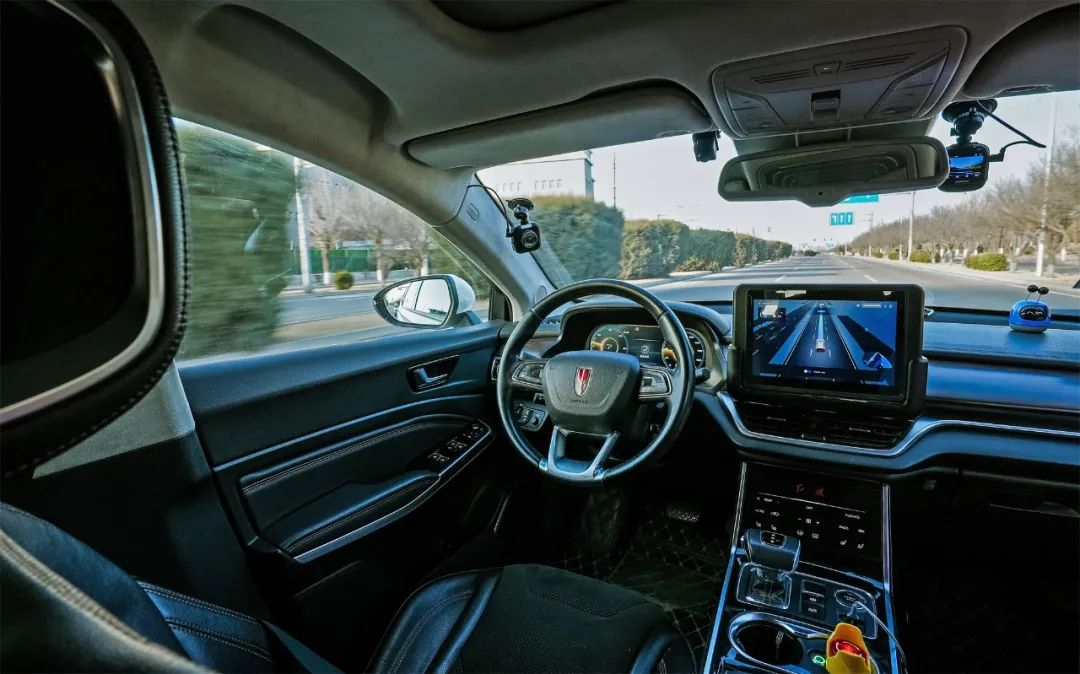
From research and development to testing, trial operation, and formal landing, Robotaxi technology eventually needs to enter a commercial application level on a large scale. Presently, Baidu Apollo already has the potential for large-scale commercial operation.
According to Baidu’s Q4 2021 financial report, in December 2021, Baidu App MAUs reached 620 million, a year-on-year growth of 14%, and the daily login user ratio reached 82%. Baidu has an extremely large user group and user activity, which will provide great assistance for the future expansion and commercial landing of Baidu Apollo.
This article is a translation by ChatGPT of a Chinese report from 42HOW. If you have any questions about it, please email bd@42how.com.
